Introduction
Lithium Iron Phosphate (LiFePO4) batteries are a pivotal technology in modern energy solutions, especially noted for their long cycle life and high energy density. These batteries are becoming increasingly essential in niche applications and as a foundational technology in sectors ranging from automotive to renewable energy across Europe. In contrast to traditional lead acid batteries, LiFePO4 batteries offer numerous advantages, including greater efficiency, enhanced safety, and reduced environmental impact. This blog delves deep into the various uses and growing importance of LiFePO4 batteries, underscoring their vital role and expanding adoption in diverse industries.
Understanding LiFePO4 Batteries
Composition and Design
LiFePO4 batteries incorporate lithium iron phosphate as the cathode material and a graphite carbon electrode with a metallic backing serving as the anode. This configuration ensures robustness and safety and enhances the battery's longevity, positioning these batteries as preferable to other lithium-ion varieties for demanding applications. The structural design of these batteries is particularly suited to tolerate high discharge rates while maintaining stable voltage levels, making them ideal for applications that require robust, reliable energy solutions.
The advantage of lithium iron phosphate over other lithium-ion battery types extends beyond mere energy efficiency. It includes significant thermal and chemical stability improvements, translating into better safety characteristics. This stability is crucial in applications with paramount safety concerns, such as electric vehicles and residential energy storage systems. Moreover, the inherent safety features of LiFePO4 batteries help mitigate risks such as thermal runaway, a common issue with other lithium-ion batteries.
Key Features of LiFePO4 Batteries
LiFePO4 batteries are renowned for their high discharge rate and superior energy storage capability. This characteristic enables them to quickly release substantial energy, an essential feature for devices and vehicles requiring power bursts. Furthermore, the batteries’ ability to recharge quickly is equally important, as it allows for minimal downtime in applications such as public transportation and grid energy storage, making these batteries incredibly effective in continuous-use scenarios.
Additionally, the stability of LiFePO4 battery packs during both high discharge and fast charging scenarios is a testament to their advanced design. This stability not only enhances the operational efficiency but also extends the lifespan of the batteries, thereby offering long-term economic benefits. These features make LiFePO4 batteries a compelling choice for any application requiring reliable, high-performance energy storage solutions.
LiFePO4 Batteries in Electric Vehicles
Why LiFePO4 Batteries Are Ideal for Electric Vehicles
LiFePO4 batteries are exceptionally well-suited for electric vehicles (EVs) due to their long cycle life and inherent safety characteristics. These batteries offer a reliable power source for EVs, with reduced risks of overheating and potential thermal incidents, which are critical in promoting vehicle safety and reliability. The robustness of LiFePO4 batteries means that EVs can operate under a wide range of environmental conditions without significantly impacting performance.
Introducing specialized LiFePO4 batteries, such as those by LANPWR, enhanced European electric vehicle performance. These batteries have been tailored to meet the specific needs of modern EVs, including higher energy density and quicker charging times, thus enabling longer driving ranges and more efficient energy use. This has not only improved the consumer appeal of electric vehicles but also aligned with environmental policies pushing for reduced fossil fuel dependency.
Case Studies
Adopting LiFePO4 batteries in European electric vehicles has led to notable enhancements in vehicle performance and market acceptance. Several European automakers have transitioned to LiFePO4 battery technology, citing improved efficiency and reduced environmental impact. These real-world applications provide concrete evidence of the benefits of LiFePO4 batteries, demonstrating their effectiveness in improving both the range and the safety of electric vehicles.
Case studies from across Europe illustrate the significant impact that LiFePO4 battery technology has had on the electric vehicle market. For instance, vehicles equipped with these batteries have shown increased range and reduced charging times, which is crucial for consumer acceptance and market growth. These studies highlight the practical and environmental advantages of adopting LiFePO4 technology in the automotive sector.

Renewable Energy Systems
Integration with Solar Panels
Integrating LiFePO4 batteries with solar panel systems exemplifies a significant leap forward in renewable energy storage technology. These batteries are ideally suited to complement solar panels because they can store and manage the energy generated efficiently, thus making solar energy more viable and accessible. The stable energy output of LiFePO4 batteries ensures that solar-powered systems can provide consistent power, even during periods without sunlight, enhancing solar energy solutions' overall reliability and effectiveness.
Moreover, using LiFePO4 batteries in solar energy systems has facilitated the development of off-grid and hybrid energy solutions, particularly in remote areas. Their high energy density and long lifespan make them an economically attractive option for long-term energy storage, allowing households and businesses to maximize the benefits of solar energy while minimizing reliance on traditional power grids.
Broader Applications in Energy Storage
LiFePO4 batteries have proven instrumental in deploying large-scale energy storage systems that require durable, efficient, and safe battery solutions. Their ability to handle high load demands and peak energy usage makes them ideal for stabilizing and improving grid performance. This is particularly important as Europe moves towards more sustainable energy practices, where the ability to store and dispatch energy on demand becomes increasingly crucial.
These batteries are also used in more complex energy systems involving multiple renewable sources, such as wind and hydroelectric power. LiFePO4 batteries' versatility and reliability facilitate their use in various configurations, proving essential for modern energy networks that aim for sustainability and energy independence. This broad applicability underscores the pivotal role of LiFePO4 technology in advancing Europe's energy storage capabilities.
Comparison with Other Battery Technologies
LiFePO4 vs. Lead Acid Batteries
LiFePO4 batteries offer a compelling alternative to traditional lead acid batteries, with advantages extending beyond simple efficiency improvements. They provide a higher cycle life, better energy density, and faster charging capabilities, translating into lower long-term costs and less environmental impact. The shift towards LiFePO4 technology reflects a broader move away from older, less efficient battery types, driven by the need for more sustainable and economically viable energy storage options.
Environmental considerations also play a significant role in adopting LiFePO4 over lead acid batteries. The latter are known for their heavy metal content and potential environmental hazards, issues that are markedly reduced with LiFePO4 batteries. This makes LiFePO4 a more environmentally friendly option, aligning with global efforts to reduce toxic waste and promote recycling in the battery industry.
Emerging Alternatives
While LiFePO4 batteries currently hold a significant position in the market, the battery technology landscape is continually evolving. New emerging technologies offer additional benefits over LiFePO4, such as improved energy capacities and reduced costs. This subchapter explores these emerging technologies, evaluating how they compare to LiFePO4 batteries in terms of performance, price, and environmental impact.
Despite the potential of these new battery technologies, LiFePO4 remains a dominant force in the market due to its proven reliability and safety profile. However, the ongoing development in battery technology suggests that future shifts in preference could occur, especially as advancements are made that address the limitations of current LiFePO4 batteries. This dynamic aspect of the battery industry underscores the importance of continuous innovation and adaptation in response to evolving market needs and technological possibilities.

Market Trends and Future Prospects
Current Market Dynamics
The European market for LiFePO4 batteries is experiencing robust growth, fueled by stringent environmental regulations and a strong push towards sustainable energy practices. This growth is supported by the superior characteristics of LiFePO4 batteries, which include high energy density, safety, and long cycle life. These factors make LiFePO4 batteries an attractive option for a wide range of applications, thereby driving their increased adoption in the market.
European regulatory frameworks emphasizing environmental sustainability and energy efficiency are particularly conducive to expanding the LiFePO4 battery market. These regulations encourage greener technologies and foster innovation in the battery industry, contributing to the ongoing development and improvement of LiFePO4 batteries.
Future Outlook
The future of LiFePO4 batteries in Europe appears promising, with expected expansions into new markets and applications. The inherent advantages of these batteries, coupled with continuous improvements and innovations, are likely to further their penetration into sectors such as portable electronics, utility-scale energy storage, and even maritime applications. The strategic integration of LiFePO4 batteries will play a crucial role in meeting Europe's energy and environmental goals, making them a key component in the continent's energy transition strategy.
Conclusion
LiFePO4 batteries have established a strong foothold in the European battery market, celebrated for their unmatched safety, efficiency, and eco-friendliness benefits. As technological advancements continue and market demands shift, LiFePO4 batteries are expected to drive innovations and further expand into various industrial sectors. Their role in advancing battery technology and promoting sustainable energy practices in Europe is significant and transformative, paving the way for a future where energy storage is efficient and environmentally responsible.

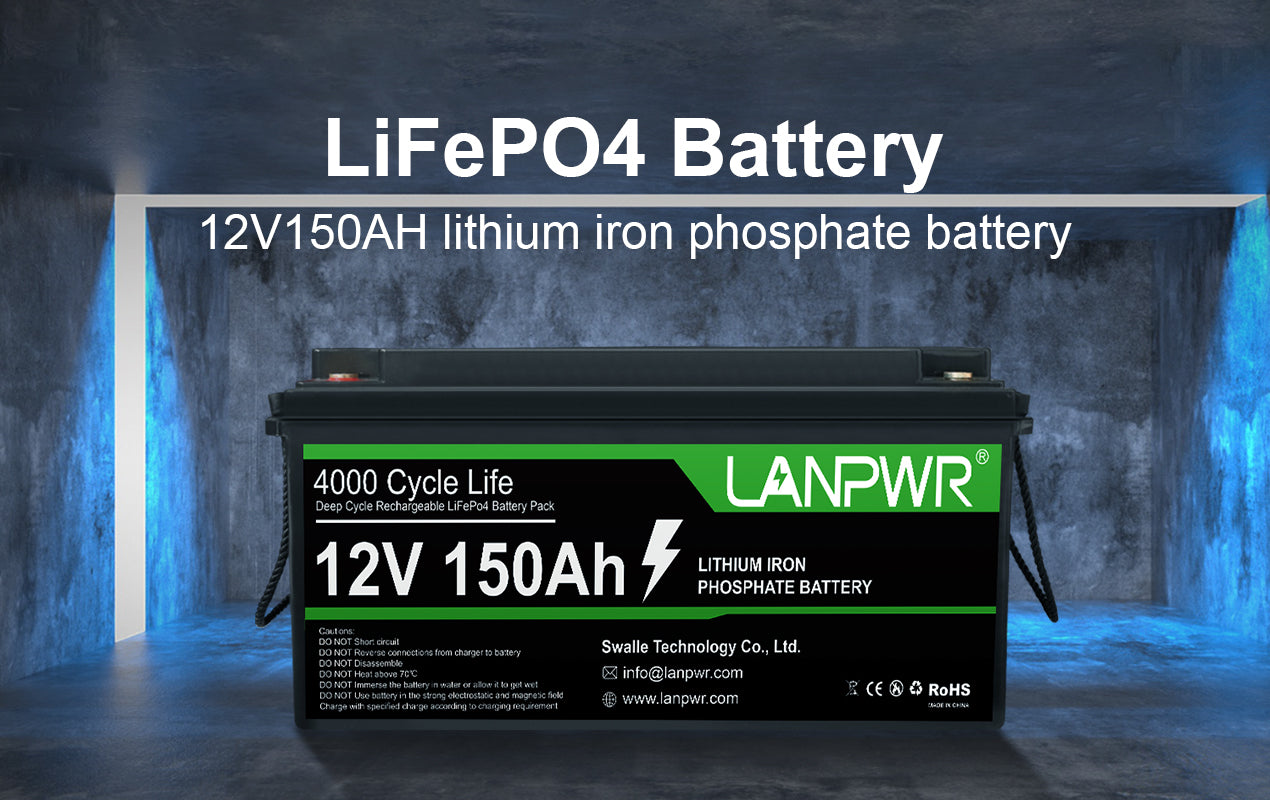

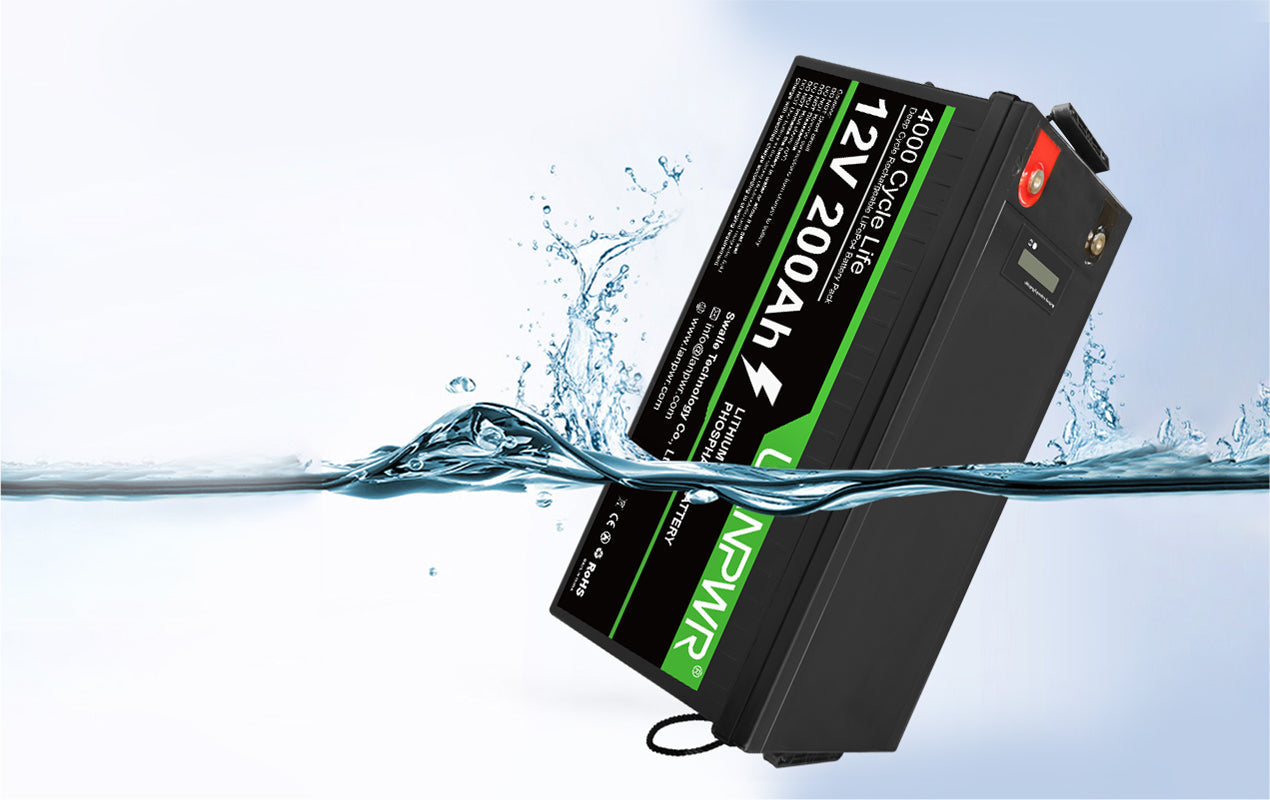


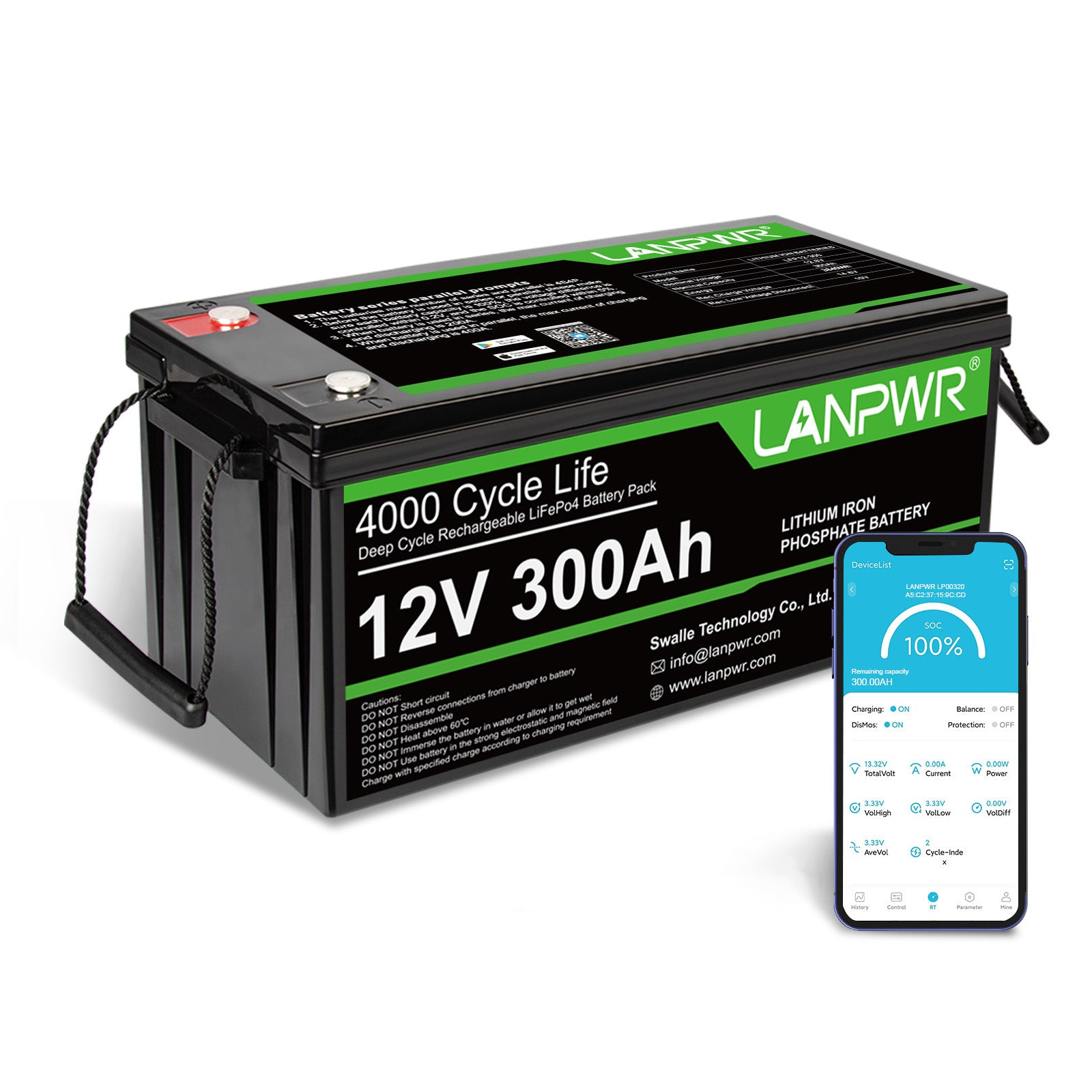

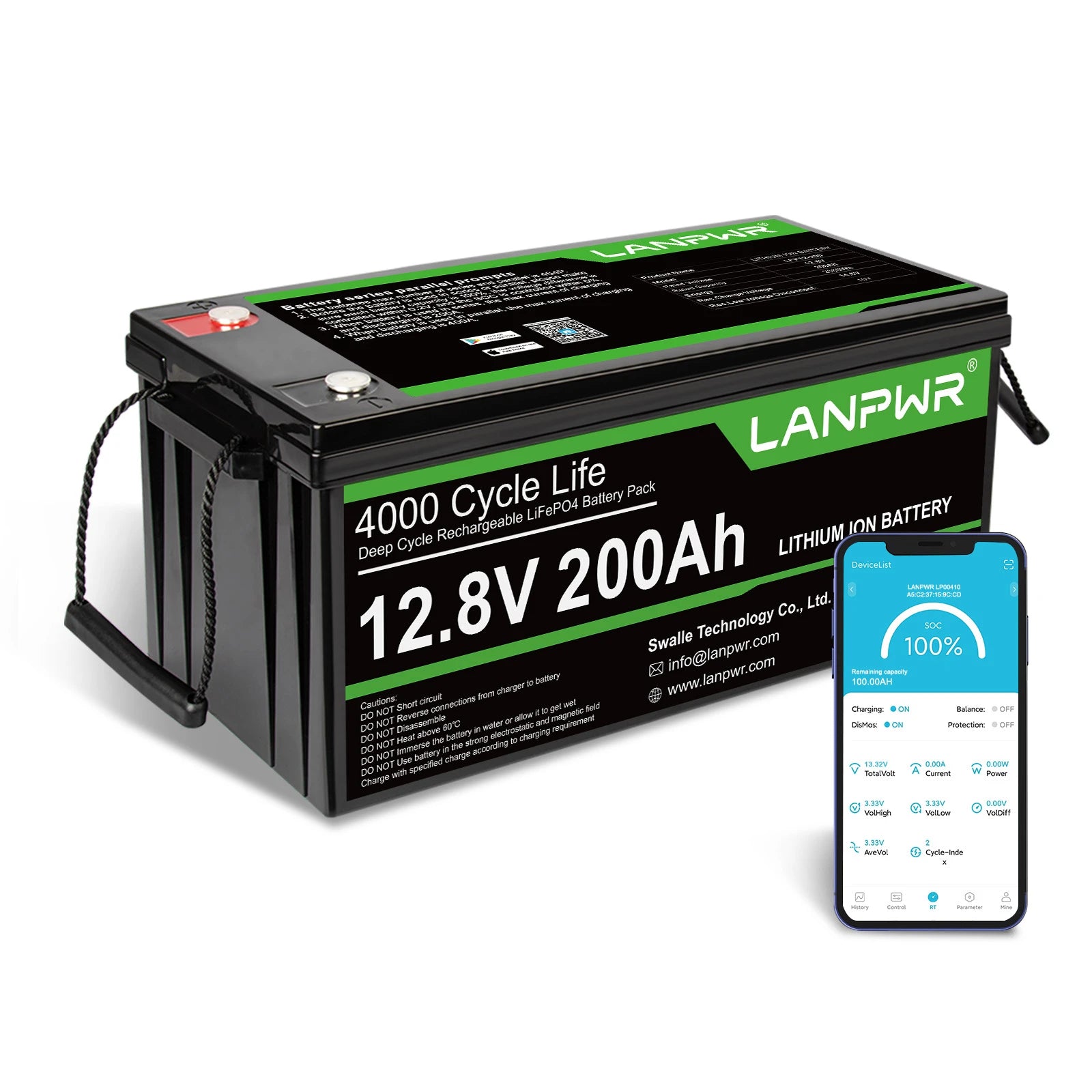
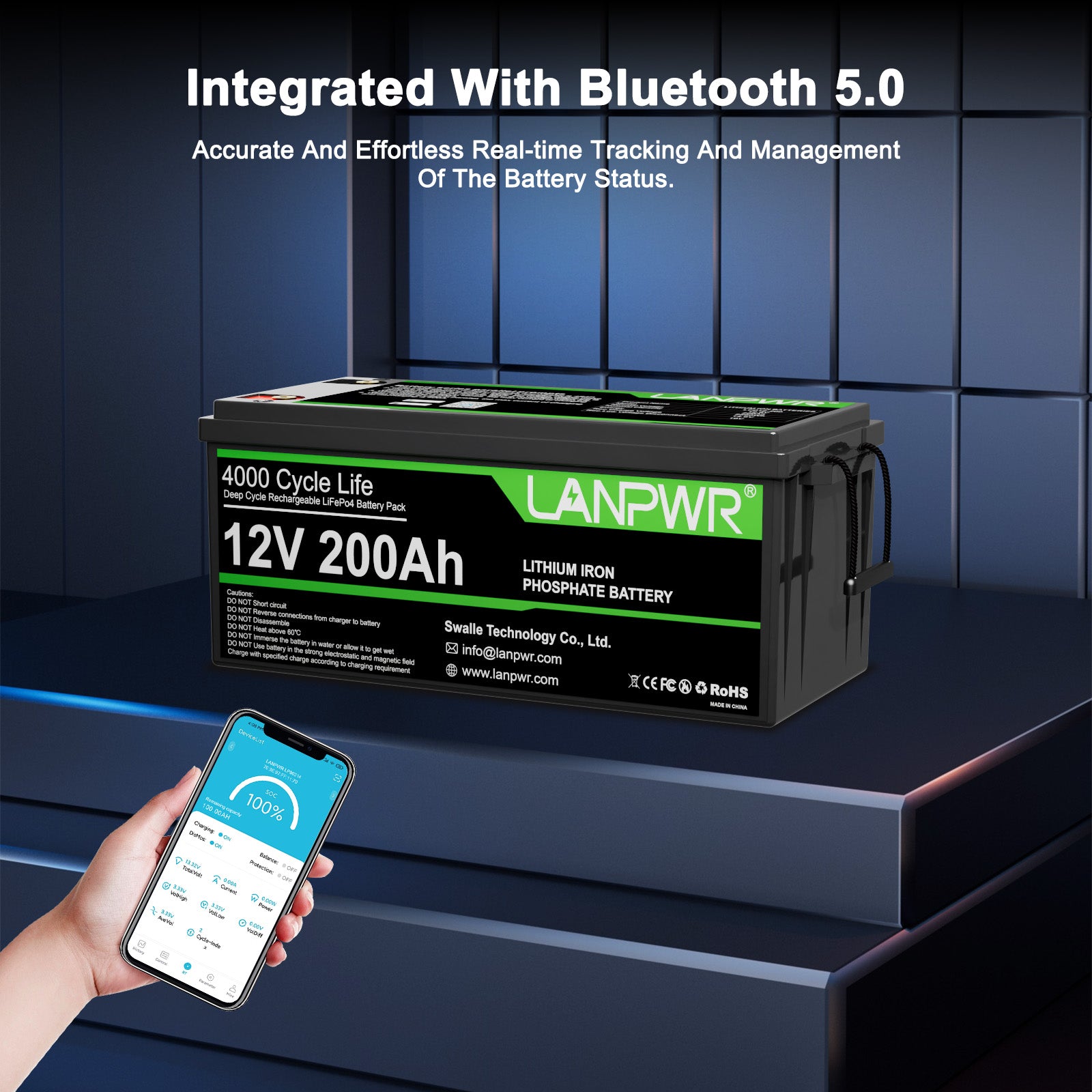
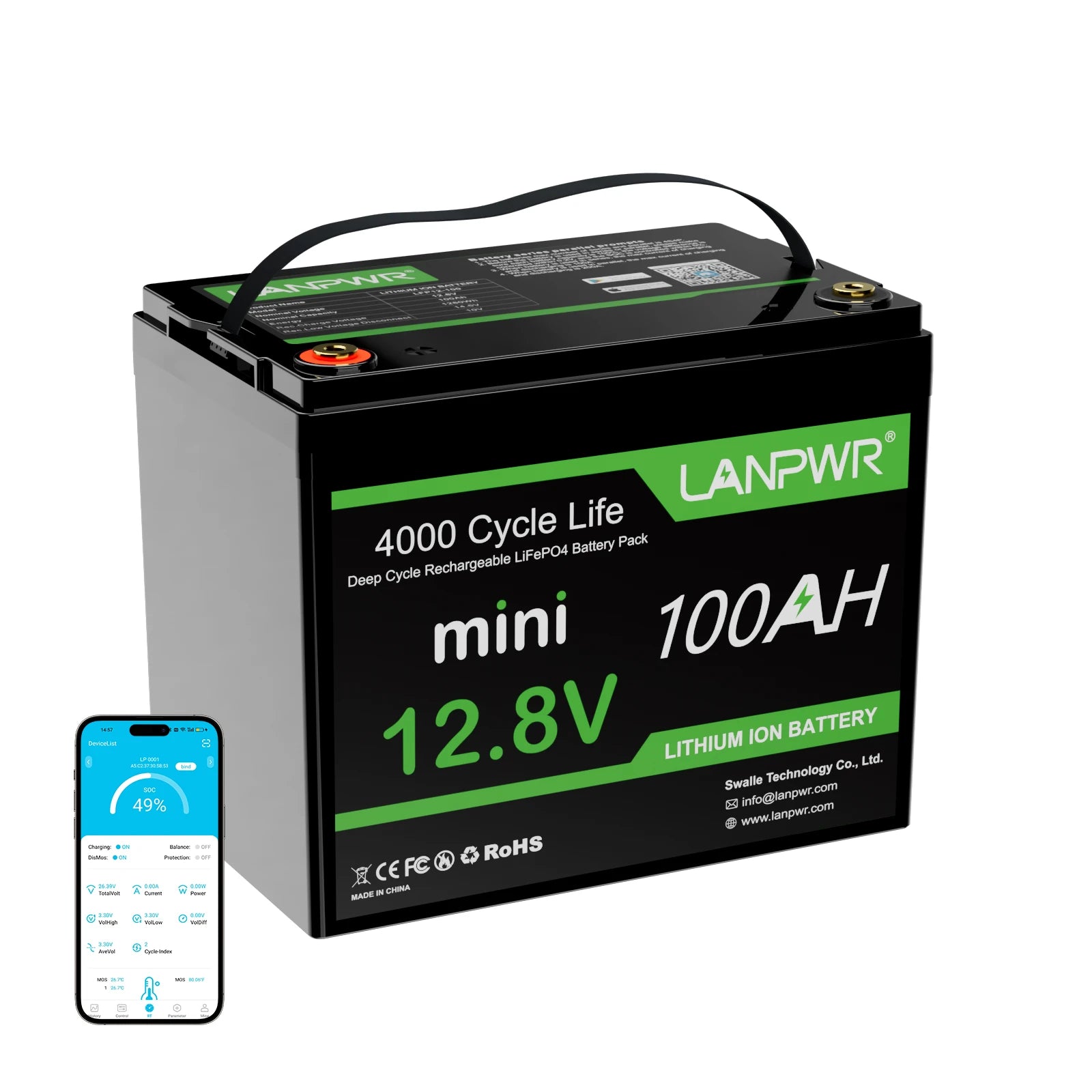

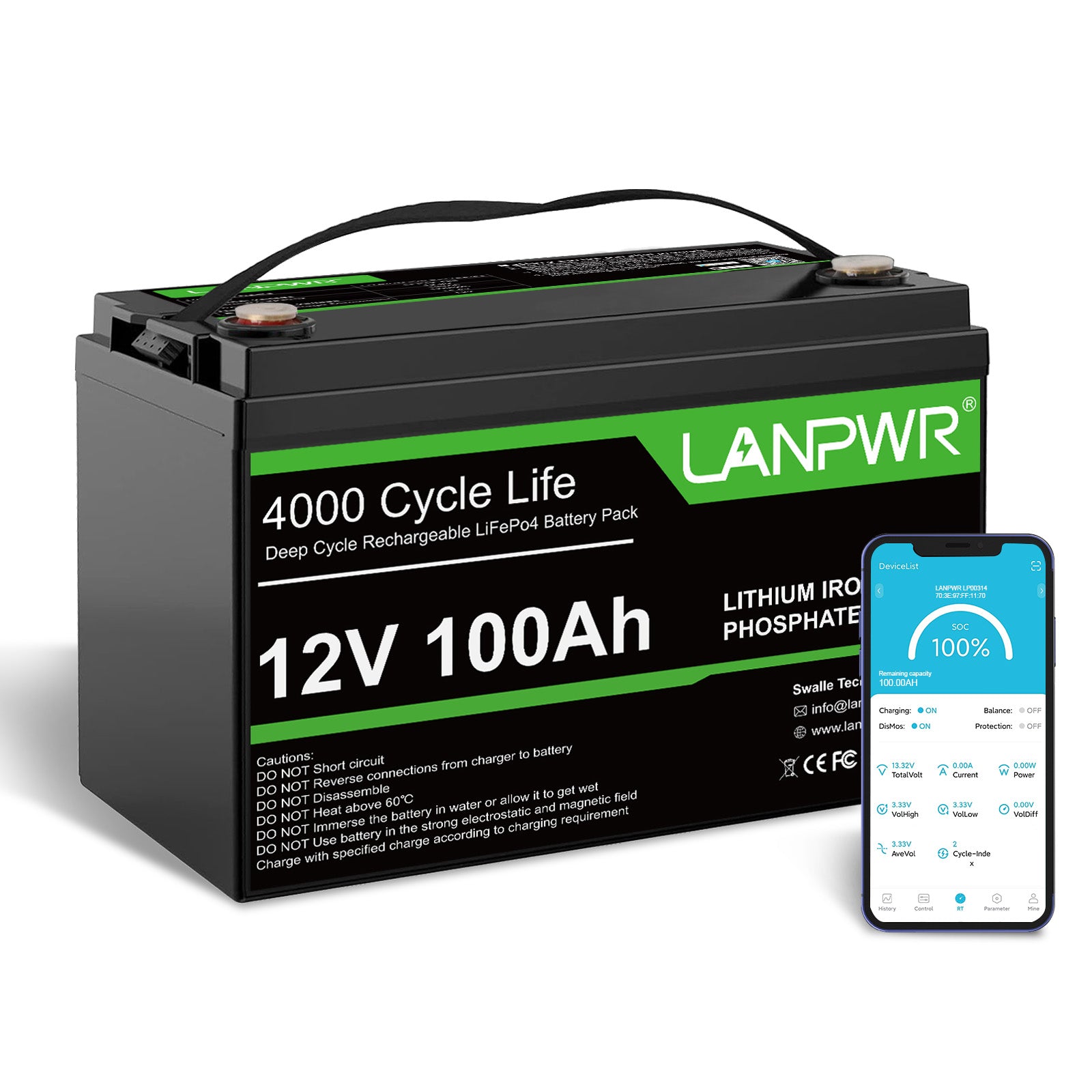

Leave a comment
This site is protected by hCaptcha and the hCaptcha Privacy Policy and Terms of Service apply.